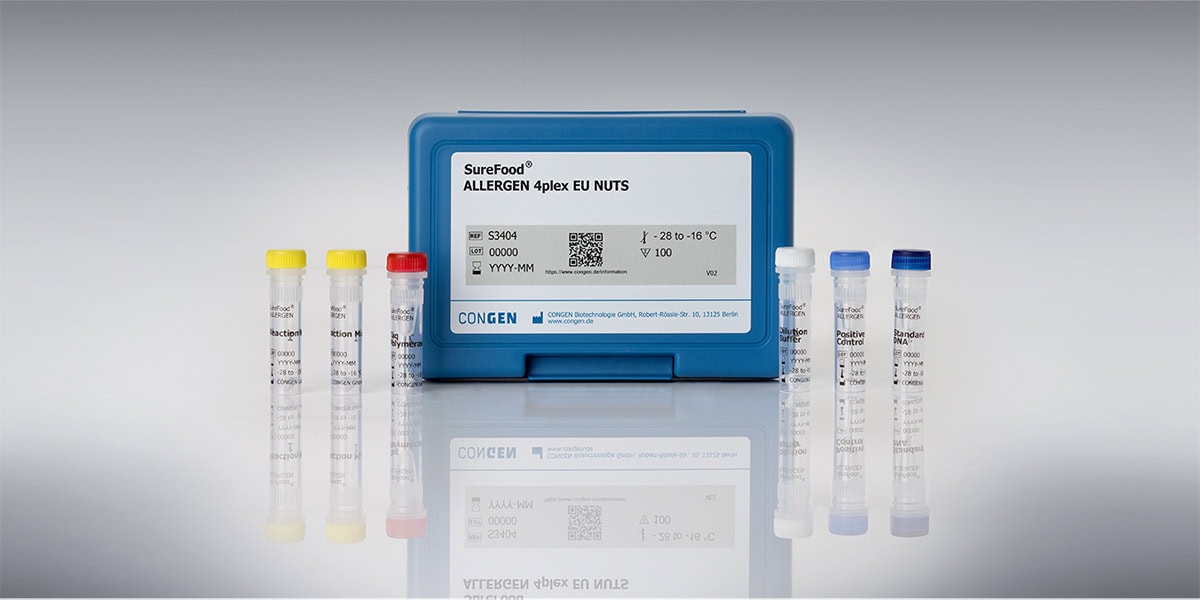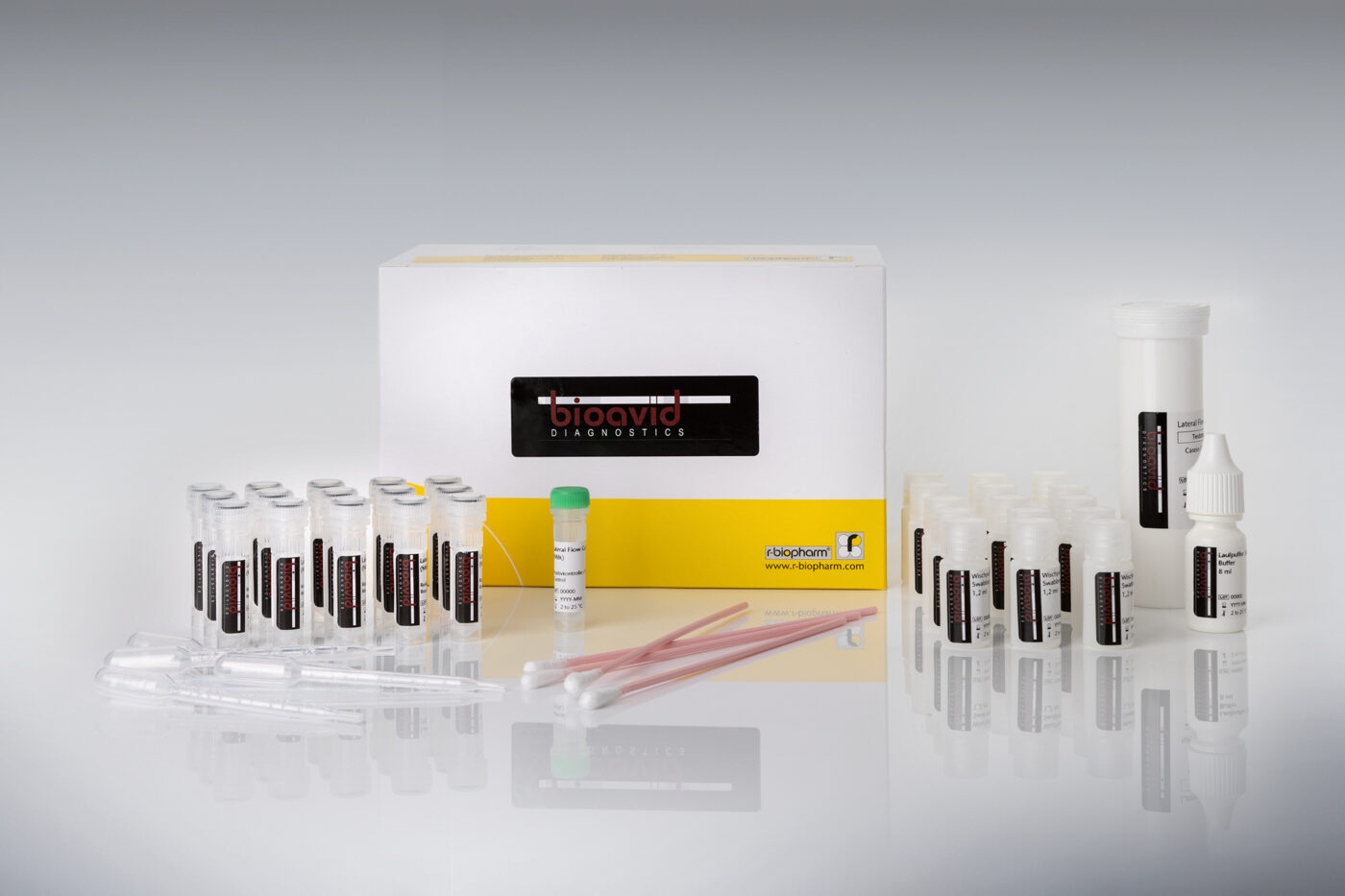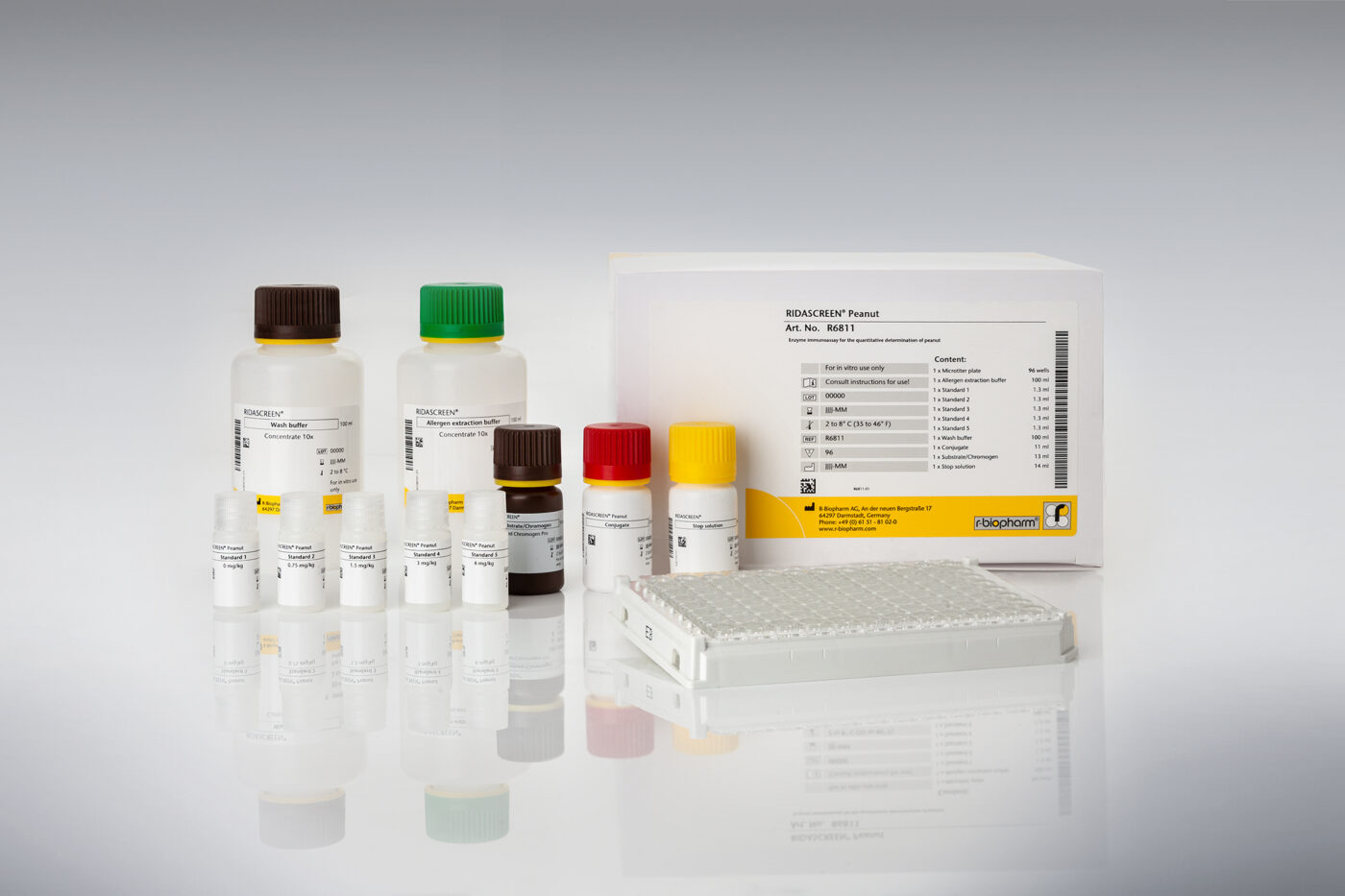
Recent news in Food & Feed Analysis
- Home
- /
- Peanut traces in food:...
Peanut traces in food: A hidden danger for allergy sufferers

Peanut allergy is one of the most common and most serious food allergies. Even small amounts may be fatal. Here’s what you should know about peanuts as allergy triggers – and about detecting contaminations.
Peanuts are a popular snack – and they are healthy. Although they are high in fat and calories, they do contain essential vitamins, minerals, trace elements, fibre and unsaturated fats. However, many people are allergic to that tasty nut (which is actually not a nut, but a legume).
Allergenic potential of peanuts
Peanuts are high in protein. Some of the proteins are of high allergenic potential.- Peanut allergy is one of the most common food allergies. Around one percent of the population is affected.
- Peanut allergy is also one of the food allergies with the most serious symptoms. In addition to itching, swelling and asthma attacks, an anaphylactic shock may occur – sometimes resulting in death.
- Even small amounts of less than one milligram may cause allergic reactions. In severe cases, allergic reactions can even be caused by inhalation or skin contact.
Given the high allergenic potential, peanuts should take on special importance in allergen management. A particular problem for allergy sufferers are peanut traces in products which should be free of peanuts according to the recipe. In order to protect consumers from unintentional consumption of peanuts, product recalls happen time and again. As we reported last year, there was a major recall action in the USA after detecting peanut traces in spices. Only recently, a pepper spread was recalled in Germany due to undeclared peanut traces.
In order to prevent such cases, it is important to test food for possible peanut traces. The following test methods allow a reliable detection of peanuts:
RIDASCREEN®FAST Peanut
- Immunological method (ELISA)
- Method validated with cereals, cookies, ice cream and milk chocolate
- Incubation time: 30 minutes
- Detection limit: 0.13 mg/kg
Lateral Flow Peanut
- Lateral flow dipstick
- Rapid detection of small concentrations (contaminations)
- Incubation time: 10 minutes
- Detection limit: 10 µg on surfaces; 5 mg/kg in food
SureFood® ALLERGEN Peanut
- Molecular biological method (PCR)
- Can be used on all available real-time PCR cyclers
- Detection limit: ≤ 1 mg/kg
- Also available as multiplex assay for simultaneous detection of peanut, hazelnut and walnut



